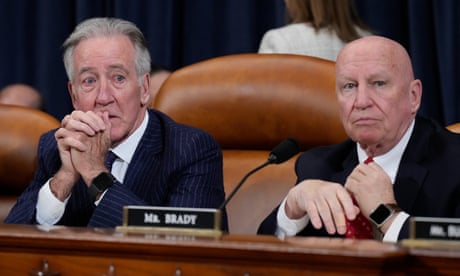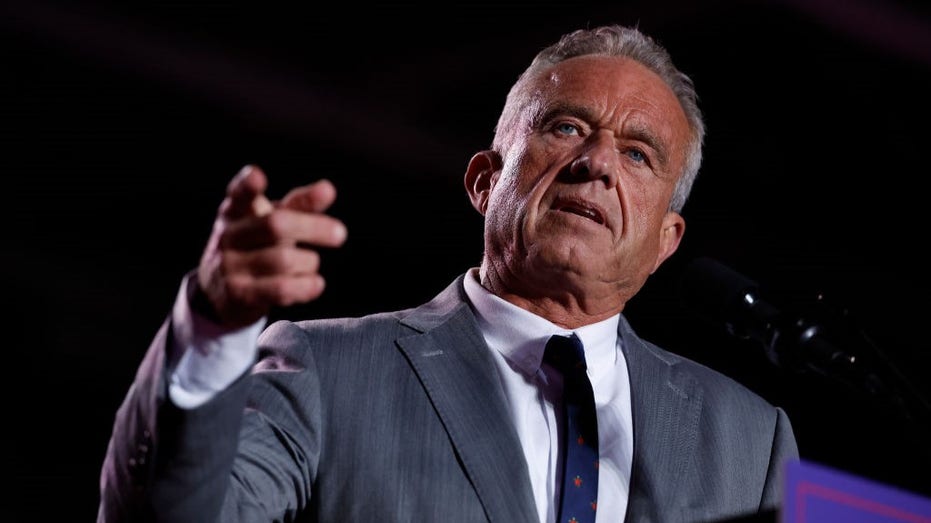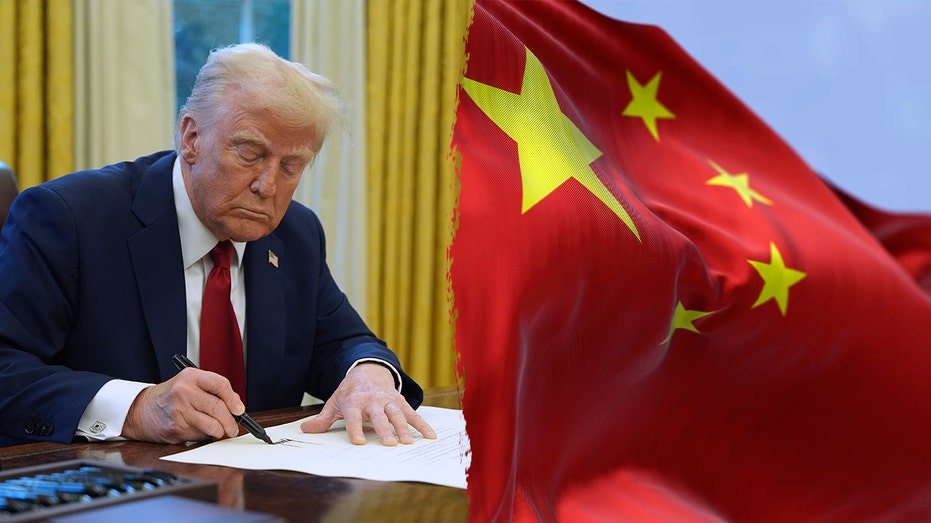- by foxnews
- 08 Apr 2025
Republicans calling Trump’s tax returns ‘private’ don’t understand privacy | Jan-Werner Müller
Republicans calling Trump’s tax returns ‘private’ don’t understand privacy | Jan-Werner Müller
- by theguardian
- 01 Jan 2023
- in politics

Donald Trump's biggest worries right now might not be about Congress having released six years of his tax returns. But it is an issue where Republicans can comfortably have it both ways: please Trump's base, as they loudly perform indignation about Democrats' conduct, even as they cease defending a politically weakened Trump against the charges of the January 6 committee.
The Republican party has all but said that they will play tit-for-tat in the new Congress - investigations, impeachments, whatever it takes to troll Democrats and distract the public with political theater, as Republicans are unlikely to make good on campaign promises. Hence it is crucial to understand what made the release of Trump's tax returns legitimate - and why Trump cannot appeal to privacy as a trump card - and why we must also put rules in place to prevent political witch-hunts.
Kevin Brady - the top Republican on the House ways and means committee, which voted along partisan lines to release the returns - has warned that "the era of political targeting, and of Congress's enemies list, is back and every American, every American taxpayer, who may get on the wrong side of the majority in Congress is now at risk." Democrats, he alleges, have created "a dangerous new political weapon that overturns decades of privacy protections".
But in what sense is privacy really at stake here? Privacy is ultimately the right to control what is known about us. That right is not absolute, but it is crucial for developing intimate relationships, for experimenting with new ways of life, and, sometimes, for making a new start in circumstances when we need the luxury of appearing to others as strangers. Privacy matters for our lives with our nearest and dearest (while many legal theorists thought the right to abortion should not be justified as a matter of privacy, few would say there is no link at all); but it can also afford us anonymity, a key element in the arch-American enterprise of self-reinvention.
This understanding contrasts with a conventional view according to which particular areas of life are automatically deemed private. Feminists spent decades arguing that the family should not be a black box such that everything happening inside it would remain unknown to outsiders, including the state. After all, deploying the private-public distinction this way enabled abuse of women and children by men who could deploy privacy as both shield and sword to cut down any criticism.
In the same manner, it is a mistake to declare taxes automatically private. To be sure, people have a legitimate interest in not having their neighbors know their income, or the peculiar items they claim as deductions. But - unlike with intimate knowledge that really only a chosen few should know (such that sharing that knowledge is precisely a sign of intimacy) - most of us don't mind that civil servants know something about us most other people don't know. And that is because bureaucrats, unlike our neighbors, take no particular interest in us as individuals.
Most of us happen not to be public figures. Public figures voluntarily give up some control over what is known about them - in fact, plenty of self-promoting celebrities force more information on us than we really care to know. But even public figures have an interest in privacy. After a recording was leaked, the whole world gawked at the Finnish prime minister, Sanna Marin, dancing and singing this summer, in a setting she had every reason to assume was private. She was right to complain about the leaked recording, and the (horrendously misogynist, needless to say) comments denying her the right to some private fun and release were wrong.
Yet politicians wield the levers of state power in a democracy and are accountable to us in a way simply not true of pop stars and other famous figures. (Supreme court justices are an interesting case in-between.) The norm that presidential candidates release their tax returns is not about citizens' nosiness, but their rightful concerns that powerful beings might be beholden to corporations and foreign powers - all red flags in Trump's case in particular, of course.
This rationale is not new. Nixon's returns were analyzed by Congress; the Carter administration introduced mandatory audits of sitting presidents and vice-presidents. The Trump years demonstrate two things: that the informal norm of presidential candidates releasing returns is too weak, and that the system of mandatory auditing is not working.
Both failed in the face of Trump. Trump appears not to have personally prevented the auditing during the first years of his presidency - but then again, that's how autocracy works: underlings know what is expected without being told.
Congress should pass laws to ensure both transparency and proper auditing of the most powerful in politics; none of that would have pernicious implications for other citizens, even fabulously famous ones.
- by foxnews
- descember 09, 2016
Ancient settlement reveals remains of 1,800-year-old dog, baffling experts: 'Preserved quite well'
Archaeologists have recently unearthed the remarkably well-preserved remains of a dog from ancient Rome, shedding light on the widespread practice of ritual sacrifice in antiquity.
read more





